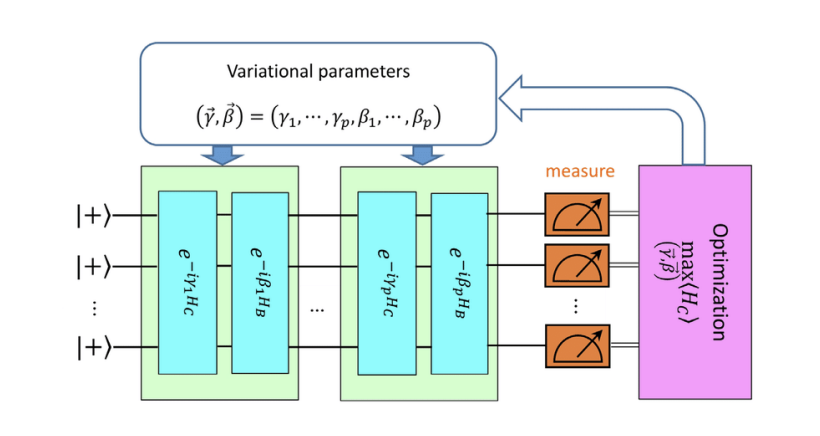Researchers from Keio University and the National Institute of Information and Communications Technology in Japan have developed a new framework for handling large-scale compressive sensing problems. The framework uses a Quantum Approximate Optimization Algorithm (QAOA) and a quantum subroutine to support detection in a sparse signal reconstruction algorithm.
The team designed structured constraints to simplify the optimization problem, which can be solved using Ising solvers. The method was tested on a quantum computer simulator and outperformed classical methods. This research opens up new applications for compressive sensing and highlights the potential of quantum computers in dealing with large-scale problems.
What is the New Framework for Compressive Sensing Problems?
The research team from the Department of Electronics and Electrical Engineering at Keio University and the Advanced ICT Research Institute at the National Institute of Information and Communications Technology in Japan have developed a new framework to handle large-scale compressive sensing problems. This framework uses a quantum subroutine and applies a Quantum Approximate Optimization Algorithm (QAOA) to support detection in a sparse signal reconstruction algorithm.
The optimization required in this algorithm is challenging to manage when the problem size is large and constraints are given by unstructured patterns. The researchers have designed structured constraints that simplify the optimization problem to the solution of an Ising model, which can be found using Ising solvers. The performance of QAOA for this purpose was tested on a simulator of a quantum computer, and the results showed that this method could outperform reference classical methods.
What is Compressive Sensing and its Challenges?
Compressive sensing is a procedure that allows one to find the original signal based on a number of linear measurements, which is much smaller than the size of the signal. This procedure works when the signal is known to be sparse in some basis, called the sparsity basis. The vector in the sparsity basis is found by a convex optimization procedure with constraints given by the measured values and the measurement filter patterns. However, this procedure becomes challenging when the size of the problem is large, comparable to big data. Storing large random vectors as the measurement pattern vectors in computer memory becomes challenging.
How Does Quantum Technology Enhance Compressive Sensing?
Quantum technology, including fault-tolerant, noisy intermediate-scale universal, and dedicated quantum computers, allows for new approaches to dealing with large-scale signals. Quantum computers applied to compressive sensing should be able to deal with large-scale problems, improving both the running time and the quality of the solution. They should also be able to deal with many measurement patterns. Showing an advantage of quantum computers in the field of compressive sensing opens the way to a whole new branch of applications.
How Does the New Framework Overcome the Challenges of Compressive Sensing?
The idea of applying quantum Ising solvers to greedy algorithms and compressive sensing has been explored in the literature. However, this approach becomes infeasible in the regime of large signals due to the amount of resources required. The new framework proposed by the researchers uses quantum algorithms as a subroutine of the compressed sensing algorithm, applying it to a larger range of large-scale sparse problems that can be tractable. This method removes the problem of memory overload and eliminates high complexity algebraic manipulations.
What are the Implications of this Research?
The research presents a promising path for applying quantum computers in the compressive sensing field. The new framework can handle various large-scale compressive sensing problems using a quantum subroutine. The research results explore the potential of quantum technology in enhancing compressive sensing, especially in the regime of large-scale problems. This opens the way to a whole new branch of applications for compressive sensing. The research also highlights the potential of quantum computers in dealing with large-scale problems, improving both the running time and the quality of the solution.
Publication details: “Compressed sensing enhanced by quantum approximate optimization
algorithm”
Publication Date: 2024-03-26
Authors: Baptiste Chevalier, Wojciech Roga and Masahiro Takeoka
Source: arXiv (Cornell University)
DOI: https://doi.org/10.48550/arxiv.2403.17399

